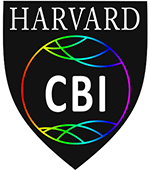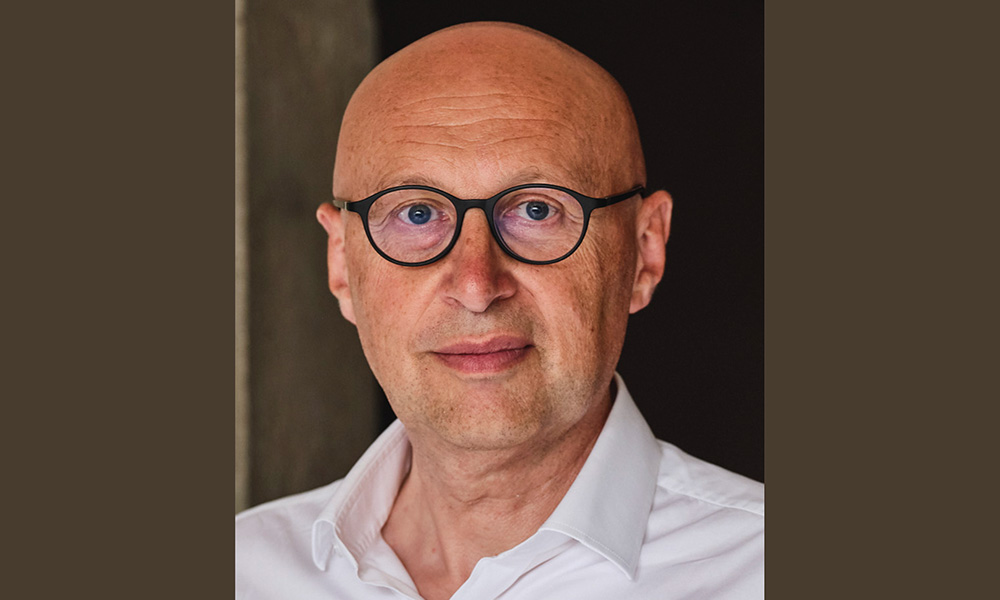The Department of Molecular and Cellular Biology and the Harvard Center for Biological Imaging are delighted to welcome Nobel Laureate Stefan Hell to present his latest research in the field of super-resolution fluorescence microscopy. The microscope remains an essential tool for biologists and advances in light microscopy continue to underly many discoveries in the MCB department. However, one of the greatest limitations of the light microscope is its resolution limit (originally defined by Ernst Abbe to be ~250 nm in the 1800s). This limit renders fluorescent microscopy investigations of subcellular organelles and macromolecular complexes impossible.
Since his time as a graduate student at Heidelberg University, Stefan Hell has worked to circumvent the resolution limit and has now developed several instruments with resolving power orders of magnitude higher than a standard microscope. Beginning in the mid 1990’s, Stefan and others pioneered the field of super-resolution nanoscopy that established methods for fluorescence imaging at resolutions of 10-50 nm. In recognition of this work, he shared the 2014 Nobel Prize in Chemistry with Eric Betzig and W.E. Moerner.
Currently, Stefan and his team continue to innovate and recently they developed the MINFLUX and MINSTED techniques that are capable of 2-10 Angstrom resolution. These breakthroughs impart fluorescence microscopy with the necessary resolving power to study macromolecular complexes and provide insights to structural biology.
The lecture will be in the Biolabs Lecture Hall (Room 1080) at 2:00 PM on Monday June 13th. This will be the first event in the HCBI’s summer microscopy lecture series.
by Doug Richardson




